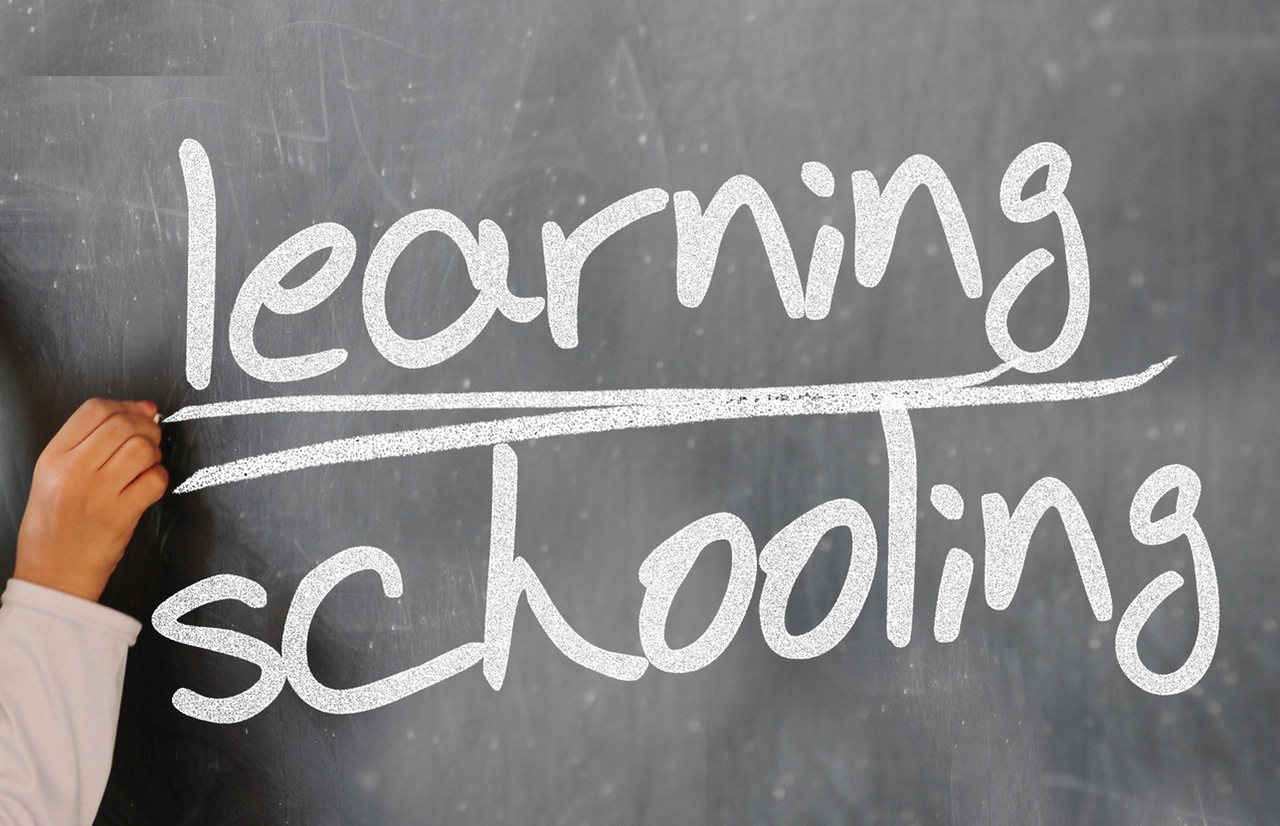For a “progressive society”, we sure have a knack for leaving people behind. Experts across the board agree that education and public school systems both play roles in inequality. Humans are naturally altruistic, but it’s easy to form habits of selfish thinking in a wealthy, consumerist society such as our own. Sometimes we lose sight about how our privileges may perpetuate the struggles of those less fortunate who, for the record, do not always choose their situations. If educational differences help to create inequality, then I have some suggestions for our teachers, administrators, and the like to help even the playing field, hopefully without dumbing down the process.
- Computers
Some families, believe it or not, don’t have home computers now days. Some have only one, but it isn’t enough for the whole family to use as much as they need. As fantastic as it is that children are taught at a young age how to type and use various programs in a school’s computer lab, computer mandatory work outside of class becomes a problem when students don’t have access to a computer.Again, not that education should be slowed down – but there needs to be more ways for students to use a computer if they don’t have one. Maybe schools should be striking deals with local libraries and the like for free computer use (some make you pay). If they have the budget, providing laptops for in class use may be ideal, which I’ve also seen done before. How late are the school libraries or computer labs open? Maybe try offering less computer work, and if not that, more time to get it done.
- School Trips
A lot of schools do this already, but when field trips or class staycations take place (AKA a class trip to DC), there will always be students who struggle to afford it. Putting the full burden on a fourteen year old to raise the money with no help from the school that is putting a heavy class emphasis on the trip is a bit crazy.Obviously, these kinds of trips can never be totally mandatory. But if you as a teacher think it’s very important your students go, then don’t let kids fend for themselves in these situations – help struggling students fundrasise. Set up opportunities for other students to help out as well- car washes, bake sales, etc. Working together and opening doors for everyone to contribute may actually build a community mindset that considers people as a whole and not just on an individual level.
- Tutors
Of course, tutoring has evolved with the technology age as well, but again, it’s generally something people have to be able to afford in order to benefit from. However make no mistake – free or affordable good tutoring in schools is essential for students who need it. At the least, it needs to be more available for those in less fortunate families, and there has to be a middle ground between Special Education and normal paced Education when someone is struggling. The problem I fear about some of these special training programs is that they slow students down rather than helping them move forward. That is, they inadvertently teach people to give up on themselves because they’re naturally not good enough. That’s not okay, and while I 100% support and see the need for special education, there has to be a more concentrated effort than there is currently to keep people in a normal-paced curriculum who are capable.
Now as you’ll notice, a lot of things come down to availability of resources. I don’t know a ton about school budgets and money, and I’m sure not a teacher. But I have seen educational inequality and there has to be something done to fix that. Expecting students in public schools to have access to resources they may not won’t fix any problems. If we could only get people the same resources as their neighbors, we would be able to give them a fighting chance, and then it would be up to them. They could live in a fair system, and that’s necessary if we truly do, as Americans, believe that “all humans were created equal.”

